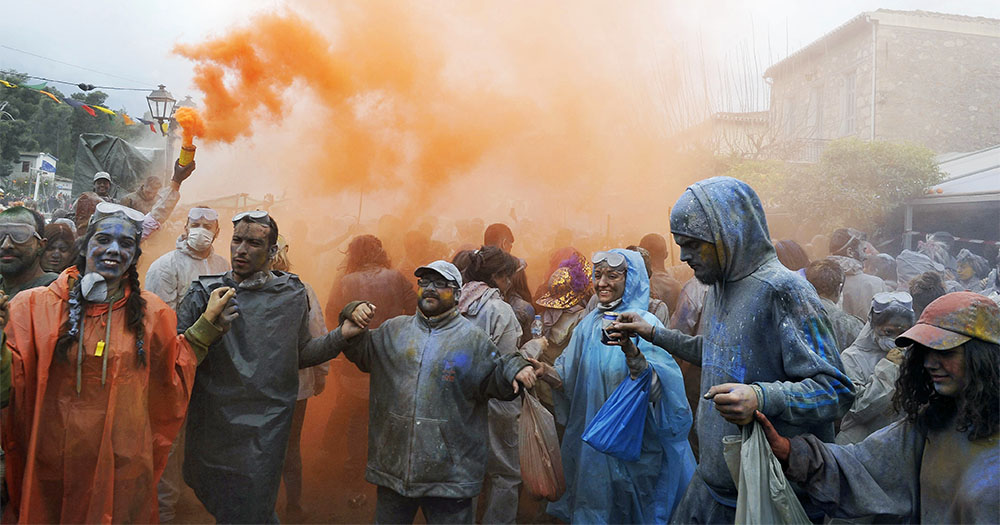Where agritourism meets cultural traditions
Greece has it all: high mountains, deep forests, fertile plains, and an incredibly long coastline with amazing beaches. Low-season travels in Greece offer off-the-beaten-track experiences and beautiful memories.
Nature enthusiasts will find taking part in the age-old activity of olive harvesting very interesting. In Greece, this takes place between October and December. Olive oil is a staple Greek food and has been much appreciated since antiquity. In ancient Athens, the olive tree was the sacred tree of the goddess Athena, the patron of the city of Athens. The real and symbolic values of this tree and its fruit were so great that the winners of local athletic contests would be offered an amphora of virgin olive oil as a prize for their performance, while Olympic Games winners would receive the highest honor: being crowned with kotinos, an olive branch wreath.
Join local farmers in olive groves across the country, get acquainted with traditional ways of harvesting and producing olive oil, and learn about its numerous nutritious, cosmetic, and medicinal properties. A large number of olive farms will be happy to accommodate you and offer a special agritourist experience in the heart of nature. You will find such farms on the islands of Evia, Crete, Lesvos, Paros, Kalymnos, Kefalonia, and Kythira, as well as on the mainland, such as in Kalamata, Argolida, and Olympia, to name a few! The experience includes a feast prepared with the oil you have helped produce — and you can also take some of that extra virgin olive oil back home with you.
Mushroom hunting in Greece is growing in popularity as more and more people choose this means of connecting with nature and learning more about local mushroom species. In autumn and early winter, the Greek mainland, especially in mountainous areas, is filled with varieties of mushrooms and truffles. Come join groups of visitors who learn how to look for them and differentiate between the safe and unsafe ones. Go for a long hike in the forests of the highland areas for mushroom and truffle hunting and take part in the festivals that follow; you will enjoy delicious dishes made with your freshly picked mushrooms. You can also sign in for educational workshops in some of these areas.
In late winter and early spring, a three-week Carnival Period (Apokries) unfolds in Greece, with lots of reveling, dancing, feasting, and masquerading going on across the country. The cultural roots of Apokries date back to antiquity and rituals honoring Dionysus, the Greek god of wine and merrymaking. Nowadays, a mixture of ancient and Christian traditions and customs are reenacted, with sketches and theatrical performances involving satirical scenes and teasing of passers-by and participants. Typical performances take place in the towns of Galaxidi, Naousa and Skyros. Patras, Rethimno, and Xanthi are also must-visit towns, as the biggest parades with floats, costumes and dancing take place there.
